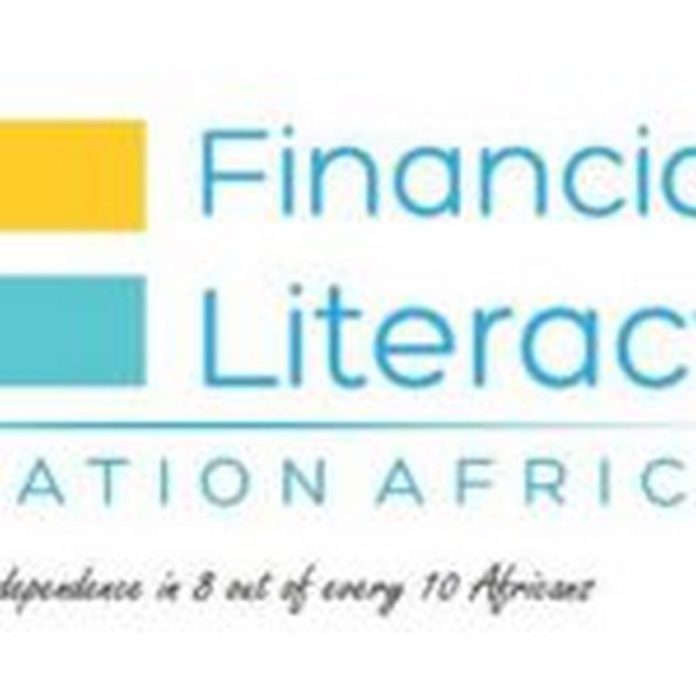
For more than 50 years, Ghana has depended on the Micro, Small and Medium Enterprises (MSMEs) in both the formal and informal sectors for economic survival.
Unfortunately, Government (since independence) cannot boast of any reliable and accurate data on this marginalised sector that contributes about 70% to Ghana’s GDP and account for about 92% of business in the Country (ISSER, 2015).
FLF Africa is pleased to know that the National Board for Small Scale Industries (established by an Act of Parliament of the Third Republic of Ghana and operationalised in 1985) has the mandate and vision of creating a vibrant entrepreneurial economy by fostering the growth and development of MSMEs.
As a not-for-profit organization with the vision of seeing an Africa where extreme poverty is greatly diminished with eight out of every 10 Africans becoming financially independent by 2030.
We will like to submit that the government of Ghana supervises the NBSSI as a matter of urgency to leverage on this window of Covid-19 global economic meltdown to aggressively wipe out the 63-year-old narrative of no-data on the informal sector’s micro, small and medium enterprises, and deliberately vote funds to navigate our local governance structure to the last informal sector MSME worker (just the same way we reach out to every Ghanaian voter for votes) and get this done now and for all.
We urge the Government of Ghana through the National Board for Small Scale Industries (NBSSI) to use the same importance it puts on finding funding for all expedient developmental needs, even in a time of global economic distress, to do same for the formalisation of the informal sector.
As a matter of priority, Government must make funding available to the NBSSI to go through every district in all the 16 regions of Ghana through their over 100 business advisory centres (working with all Trader Groups/Associations, Telcos, Media houses, Ministry of Finance, Ministry of Trade, NABCO, MMDAs, GRA and the Ministry of Local Government) to get data on all informal sector MSMEs for proper economic planning and business development to aid the Informal Sector to take its rightful place for Ghana to become a “Country Beyond Aid” indeed.
It will also change our GDP composition construct, strengthen our economic transformation agenda, and make Ghana a first-world economy across the Sub-Saharan Region.
If this urgent call to action is heeded to, Ghana’s Informal Sector Pension will change from the current abysmal level of about 1% coverage to the same levels of the formal sector’s tiers 1 and 2.
The same change will be true of Micro Insurance, Micro Credit, and Health Insurance. Ultimately, real government social intervention programmes like the CAP BuSS, Free SHS et al will be rightly targetted and our Country fiscal stance will spare us the usual recurring deficits occasioned by revenue shortfalls.
Ghana cannot fail to take advantage of this golden opportunity in these challenging Covid-19 moments.
ALSO READ:
The digitalization agenda of the Government of Ghana in transforming the economy through Informal Sector formalization with the National Digital Address System.
Mobile Interoperability, QR Code, National Identity Card et al will be meaningless without a commitment to this request.
As we celebrate our Republic Day today, Ghana cannot claim real independence, if the biggest contributors to our GDP are not financially independent.
It is time for an intentionally driven, thinking intensive, and action-oriented decision to overcome widespread poverty NOW.
If we fail to do the same today, it will take another global pandemic “tomorrow” to expose our indecision and economic structural quagmire.
FLF Africa is committed to helping Ghana and the rest of the continent in this economic liberation call.
Let Ghana begin and show continental leadership in getting 100% data on the informal sector for real economic transformation.

